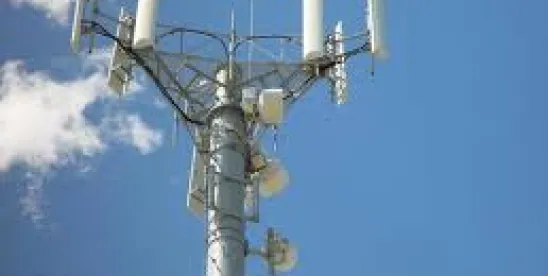Both within and outside of the FCC, there is broad consensus that USF support for sustainable rural broadband development is in the public interest. The FCC will move quickly in 2020 to establish the rules for and initiate the $16.0 billion RDOF Phase I reverse auction. - Doug Jarrett, Partner
Pole attachment disputes will continue as wireless attachment applications increase and as attaching entities and utility pole owners interpret new FCC rulings differently. - Tom Magee, Partner
Many Part 90 3.65 GHz licenses permanently expire in April 2020. The FCC will realize it needs to waive its rules to extend this deadline to allow operators more time to transition to CBRS (which is not yet fully available) or other services. -Greg Kunkle, Partner
The FCC’s role in supporting the 9-1-1 system’s rapid transition to IP architecture will continue on multiple fronts, as the agency begins to enforce Kari’s Law and promote access to 911 in a technology agnostic way. There will likely be additional 9-1-1 system outages in 2020 and I expect the FCC to issue updated rules to promote 9-1-1 system reliability and also investigate these outages and levy fines as the agency deems appropriate. I hope Congress understands the importance of funding this next generation 9-1-1 transition and allocates sufficient resources to make it happen, though that will be challenging in an election year. -Wes Wright, Partner
The FCC has been broadly asserting federal authority and making major changes in its regulations regarding wireless communications and facilities. The federal courts reviewing appeals of FCC actions appear increasingly skeptical regarding the legal basis for the FCC decisions in some recent cases. Expect additional court reversals of FCC actions in 2020. - Mike Fitch, Counsel
T-Mobile will join FirstNet/AT&T and Verizon in the competition to serve public safety users – but service to first responders in rural America will still lag behind urban and suburban areas. - Al Catalano, Counsel
Congress will advance important 911 legislation, including the 911 SAVES Act, which would reclassify Public Safety Telecommunicators as Protective Service Occupations in the Standard Occupational Classification. - Kathleen Slattery Thompson, Associate
In 2019, the FCC re-allocated dedicated spectrum in the 6 GHz and 900 MHz bands away from the critical infrastructure industry. One opportunity for CII companies in 2020 is to negotiate with new broadband companies like Anterix to secure much needed spectrum, since the Commission will likely continue re-allocating spectrum for consumer-focused broadband. - Tim Doughty, Associate







 />i
/>i

